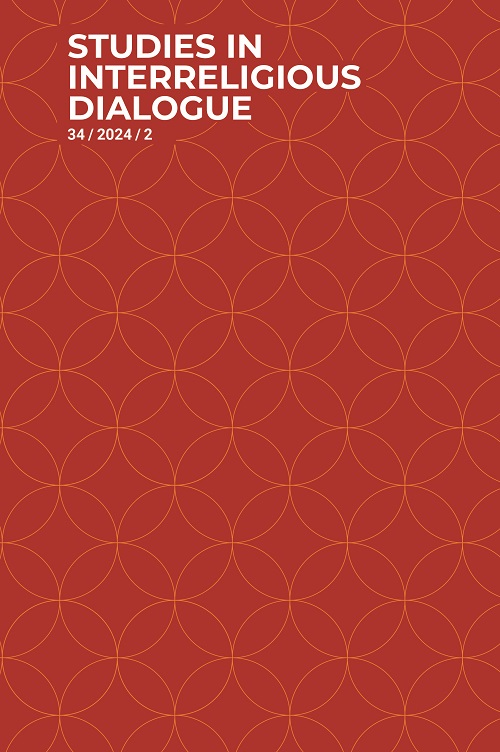 previous article in this issue previous article in this issue |

Preview first page |
Document Details : Title: Charles Taylor and Paul Tillich on Interreligious Dialogue Author(s): HUNG, Andrew Tsz Wan Journal: Studies in Interreligious Dialogue Volume: 31 Issue: 1 Date: 2021 Pages: 69-87 DOI: 10.2143/SID.31.1.3289544 Abstract : In his book, A Secular Age, Charles Taylor suggests using the notion of fullness as a focal point for dialogue between different religious or non-religious beliefs and traditions. However, Taylor’s notion of fullness can hardly correspond with Buddhism which emphasizes the notion of emptiness and anatman (selfless). In contrast, Paul Tillich’s the concept of ultimate concern is very influential in regard to East Asian Religions. Contemporary Confucians and Buddhist scholars also find that Tillich’s concept of ultimate concern can adequately cover the concerns of different religions and provide a bridge for inter-religious dialogue. Nonetheless, Tillich’s suggestion of the framework of an ideal religion seems to be too Christian-centric and is hardly accepted by other religions. Furthermore, I argue that Taylor’s historical comparative hermeneutical approach can be complementary to Tillich’s method of dialectical correlation so that substantial interreligious dialogue and formation of certain hybrid forms of a religious framework might be achieved. Fatal error: Uncaught mysqli_sql_exception: Column 'lib_id' cannot be null in /srv/data/web/vhosts/poj.peeters-leuven.be/htdocs/secure/POJ/tracker2.php:212 Stack trace: #0 /srv/data/web/vhosts/poj.peeters-leuven.be/htdocs/secure/POJ/tracker2.php(212): mysqli_query() #1 /srv/data/web/vhosts/poj.peeters-leuven.be/htdocs/article.php(579): track2_page_hit() #2 /srv/data/web/vhosts/poj.peeters-leuven.be/htdocs/content.php(635): include('...') #3 {main} thrown in /srv/data/web/vhosts/poj.peeters-leuven.be/htdocs/secure/POJ/tracker2.php on line 212 |
